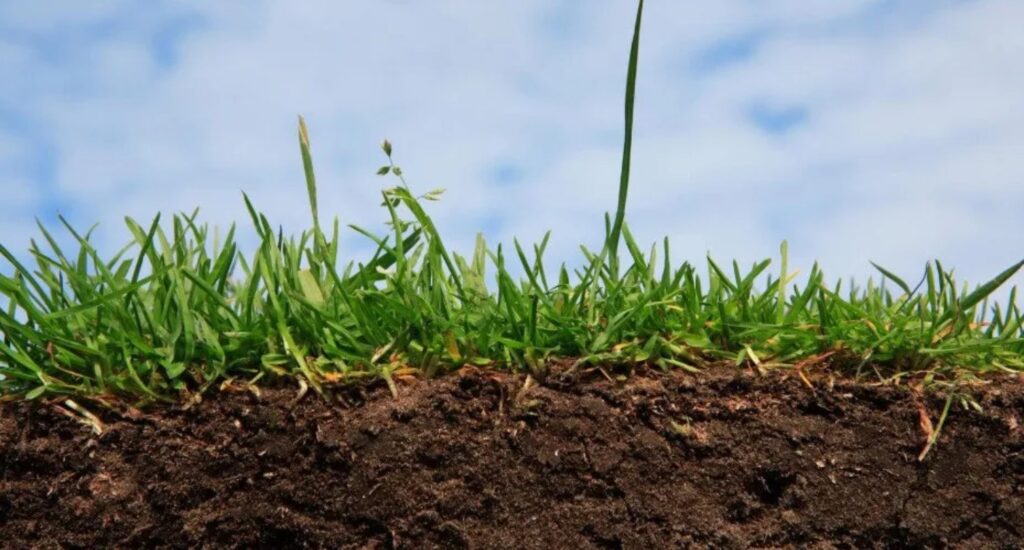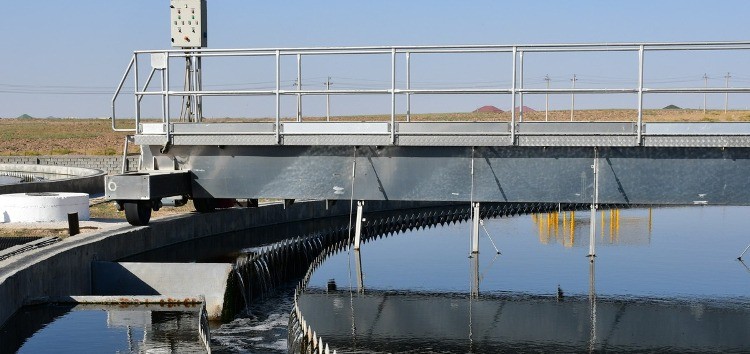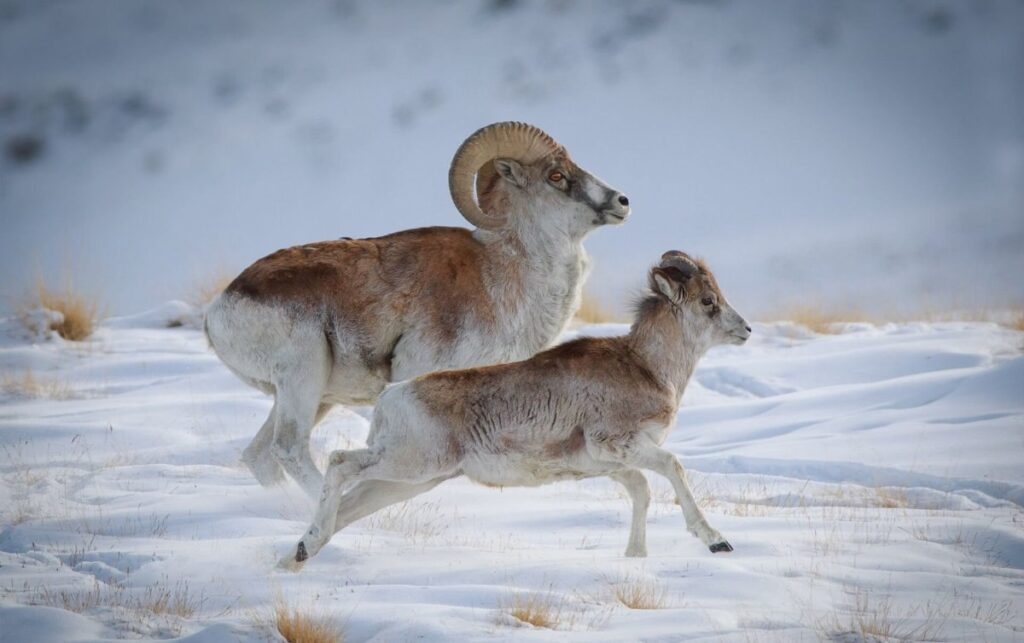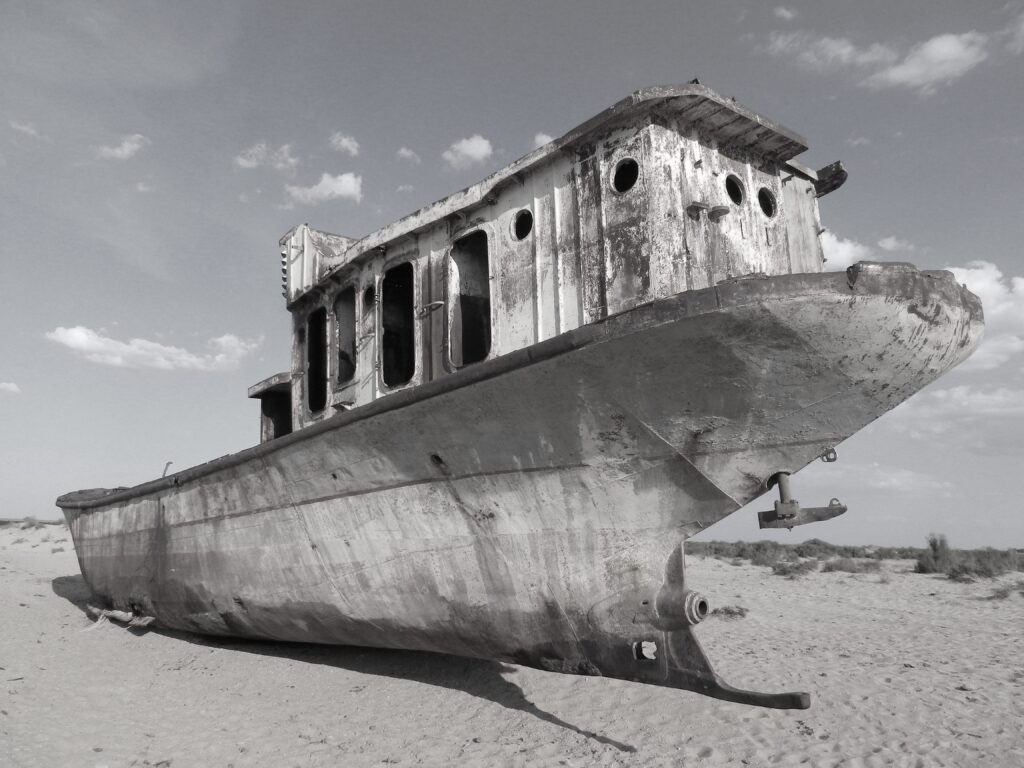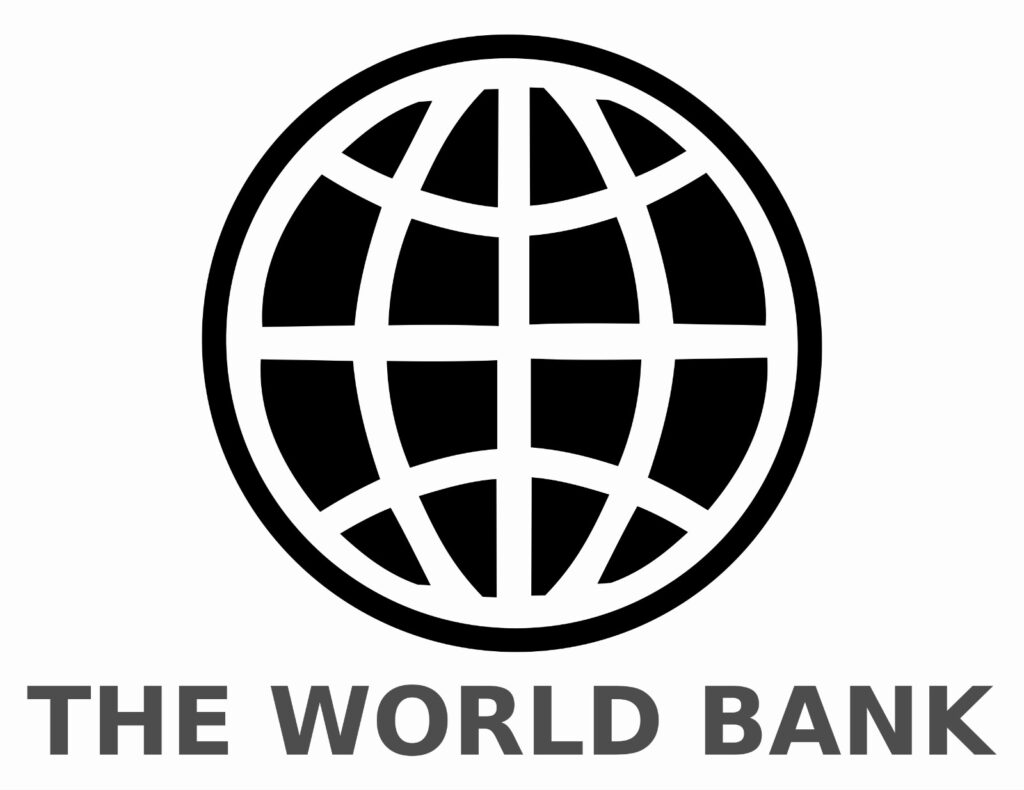FAO to Improve Soil Health In Uzbekistan
Earlier this month, The Food and Agriculture Organization of the United Nations (FAO) and its Global Soil Partnership (GSP), in collaboration with the Ministry of Agriculture of Uzbekistan, held a seminar in Tashkent on the ‘Recarbonization of Agricultural Soils’ (RECSOIL). The meeting concluded with unanimous approval of the development of an action plan for the development of the initiative in Uzbekistan. RECSOIL will be implemented in collaboration with two other FAO projects in Uzbekistan funded by the Global Environment Facility (GEF): ‘Integrated Natural Resources Management in Drought-Prone and Salt-Affected Agricultural Production Landscapes in Central Asia and Turkey’ and ‘Sustainable Forest and Rangelands Management in the Dryland Ecosystems of Uzbekistan.’ In recent years, both projects have proven effective in supporting agricultural development in drought-prone regions of Uzbekistan through the use of advanced resource-saving methods, and continue to increase farmers’ incomes through the contribution of technical equipment to farms, and by maintaining land degradation neutrality. The initiative addresses challenges related to climate change by promoting sustainable soil management (SSM) and by enhancing its health, make soil more productive and shock resilient. Aimed at maintaining and increasing carbon stocks to boost soil health which in turn, will secure and increase production and income, SSM practices include using cover crops, crop rotation and agroforestry. The new scheme to tackle both carbon sequestration and mitigation of greenhouse gases (GHG) emissions, will be piloted through the provision of training for farmers and financial compensation to support their adoption of SSM practices. RECSOIL also provides robust methods to monitor and assess both soil health and levels of GHG emissions reduced through the project.
asd